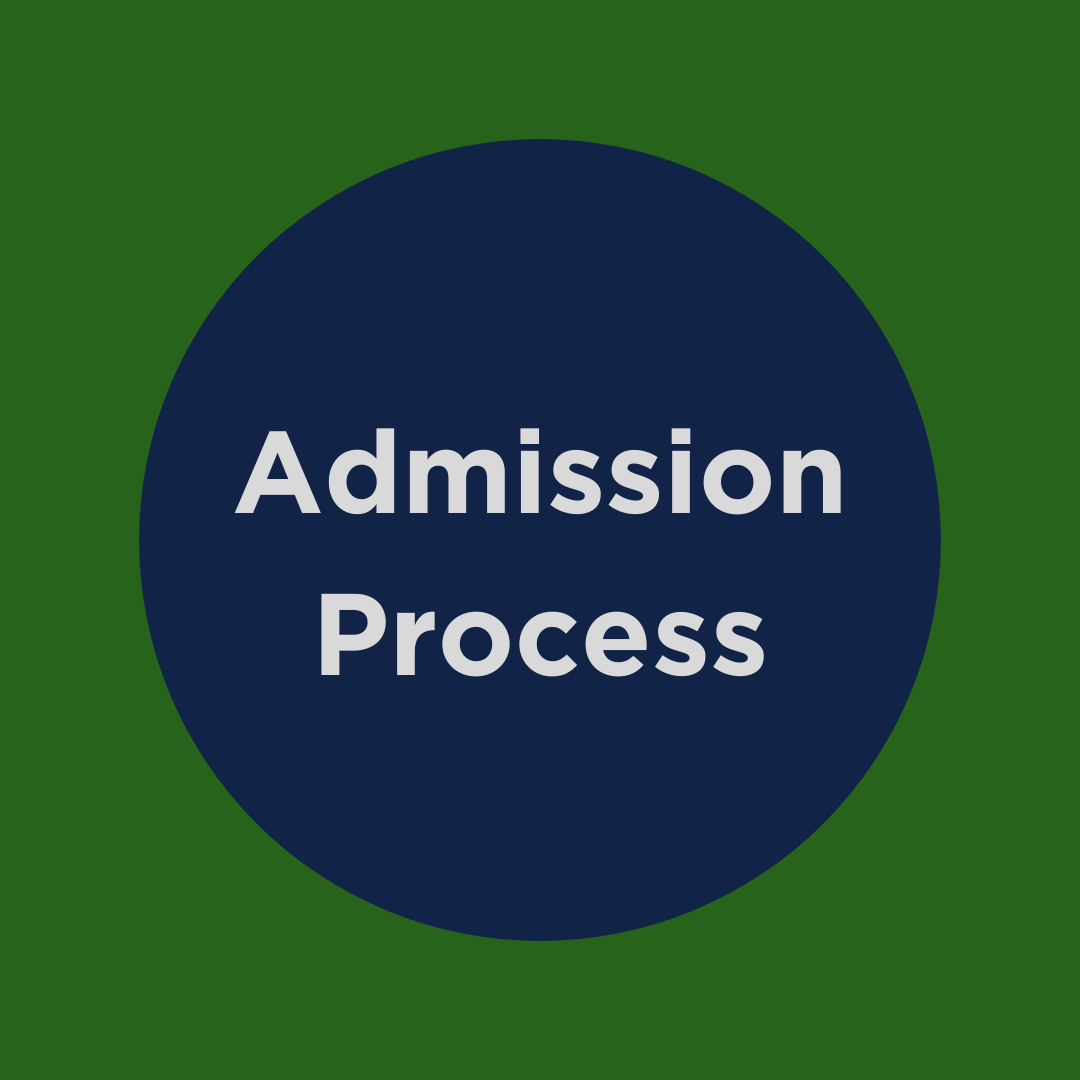Welcome
Welcome to Founders Classical Academy. Thank you for taking the time to visit our website and consider FCA in your educational plans. Partnering with committed parents, we offer a classical education with a Christian worldview. Our aim is to teach children to seek God’s truth and equip them with the tools for a lifetime of learning. We hope your visit to our website encourages you to learn more about our academy and the excellent education we provide.
Mission & Vision
Statement of Faith
We believe in God the Father, Almighty, Maker of heaven and earth, and in Jesus Christ, his only begotten Son, our Lord. Who was conceived by the Holy Spirit, born of the Virgin Mary, suffered under Pontius Pilate, was crucified, dead and buried. He descended into hell. The third day he rose again from the dead. He ascended into heaven, and is seated at the right hand of God, the Father Almighty; from there he shall come to judge the quick and the dead. We believe in the Holy Spirit, the communion of saints, the forgiveness of sins, the resurrection of the body and life everlasting.
zelle: [email protected]








